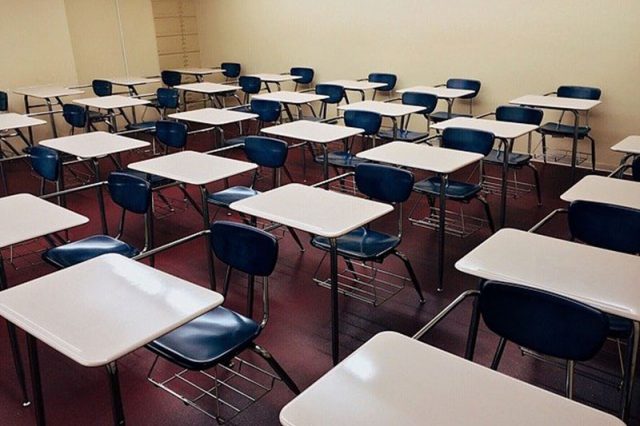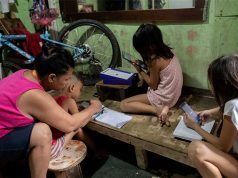Phinma Education Holdings Inc. (PEHI), a network of educational institutions, on Monday, announced that it recorded the highest number of enrollees in the school year 2022-2023.
The education network, under the conglomerate PHINMA Corporation, reported that it logged a total of 124,501 students, or a 30.4% increase. This is the first time it recorded such growth since the network’s establishment in 2004.
The high number of enrolees resulted in a 19% revenue growth year-on-year and consolidated revenues of P4.5 billion.
Aside from the record-high enrollees, PHINMA students also posted an overall passing rate of 79% for licensure exams first-time takers in the school year 2022-2023.
PHINMA Cagayan de Oro College and Southwestern University PHINMA were ranked first in criminology and optometry, respectively.
The network’s in-house Analytics Group likewise reported that 71% of its students are employed within one year after graduating.
PEHI president and chief executive officer Chito Salazar said he expects the number of employed PHINMA graduates to improve in the coming years.
Expansion plans
Salazar vowed to level up the network’s services and business to students following the growth in the previous academic year.
“We hope to be able to reach more and more underserved students who need quality education the most, so that they can uplift themselves, their families, and communities,” the PEHI president and CEO said.

PEHI country chief for the Philippines Christopher Tan also said that the network is looking at expanding its education units in several urban areas in the Philippines. He cited Southern Luzon, and some provinces in Indonesia as among the network’s targets.
In Metro Manila, Tan said there are two to five potential school areas for expansion.
The network is also conducting observation in the demographic profiles of some institutions in Laguna, Cavite and Davao.
“We knew that the old schools would plateau at some point, and so we identified the more urban areas such as Metro Manila, [and] potentially other places in the Philippines for us to have a smaller kind of mini network,” Tan said during the press briefing.
“It’s like a mini PHINMA network where we will have multiple schools because the density of the population will allow us to actually absorb the group,” he added.
Meanwhile, when it comes to international business development, PEHI Country Chief for Indonesia Raymundo Reyes said the private school network operator is eyeing to expand in about ten locations in different parts of Indonesia.
According to Reyes, PEHI’s most immediate areas for expansion would be in Karawang, a city about 70 kilometers east of Indonesia’s capital Jakarta, Surabaya, the second-largest city after the capital, as well as other areas in West Java.
“Our long-term plans for Indonesia [is to] expand [for] about 10 locations in, and of course, there might be a third country or fourth country. Those are other parts that the business development team are looking [at],” Reyes said.
Currently, PEHI has nine schools in the Philippines and one in Indonesia.










